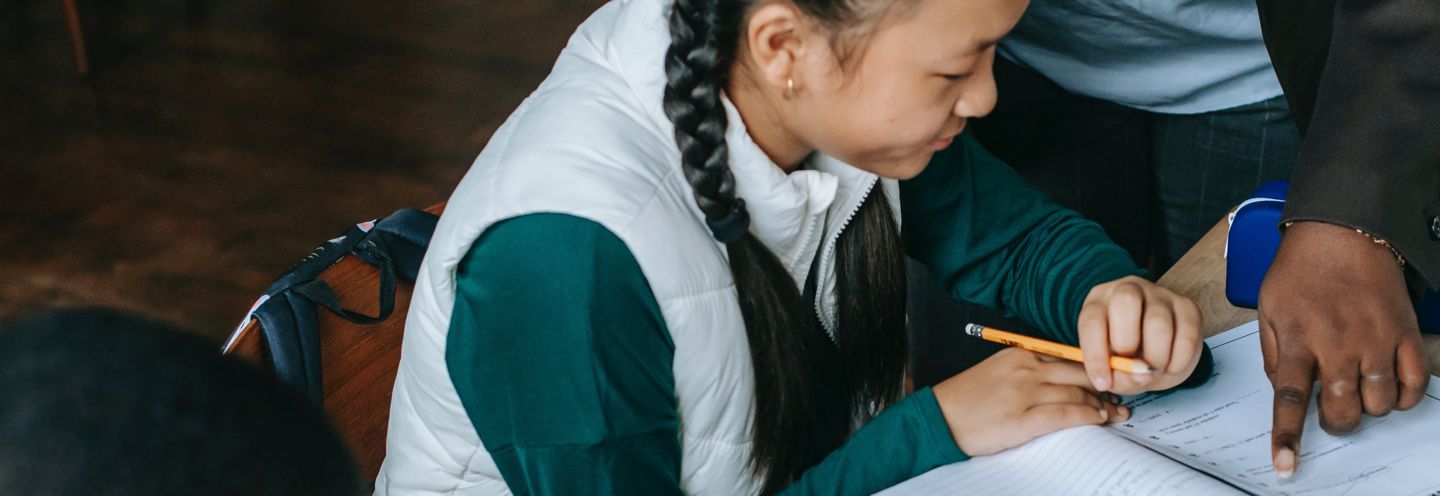Teacher Resources | 10 Results

#ForYou is a card-based pattern-matching game that helps youth aged 13 to 18 understand the role that algorithms play in their online and offline lives, and the value of their personal information to

In the educational game 'A Day in the Life of the Jos', students in grades six to eight help the brother and sister team Jo and Josie with situations they encounter online as they go about a typical

Test your fact-checking skills. These quick quizzes will help you start to learn how to spot suspicious posts.

Think you know how to read and understand privacy policies and terms of use? Learn how to make sense of legal documents for websites and apps with this interactive game.

This interactive unit is designed to help kids between the ages of 5 and 8 recognize the marketing techniques used on commercial websites that target children.

Cyber Choices is an interactive game designed to help students in grades 3 to 5 develop the skills and habits they need to make safe and responsible choices online. Cyber Choices lets

Data Defenders is an interactive game that teaches children and pre-teens the concept of personal information and its economic value, and introduces them to ways to manage and protect their personal

Privacy Playground, Cybersense and Nonsense, Top Secret!, Allies and Aliens, Passport to the Internet, Jo Cool or Jo Fool, and MyWorld have been retired because Flash Player is no

This tutorial introduces children, ages 7-9, to the concept of online privacy and teaches them to distinguish between information that is appropriate to give out and information better kept private

On the internet, it can be hard to tell what’s true and what’s false—but we have to make a lot of decisions based on how reliable we think things are. In Reality Check, you’ll learn how to find clues

